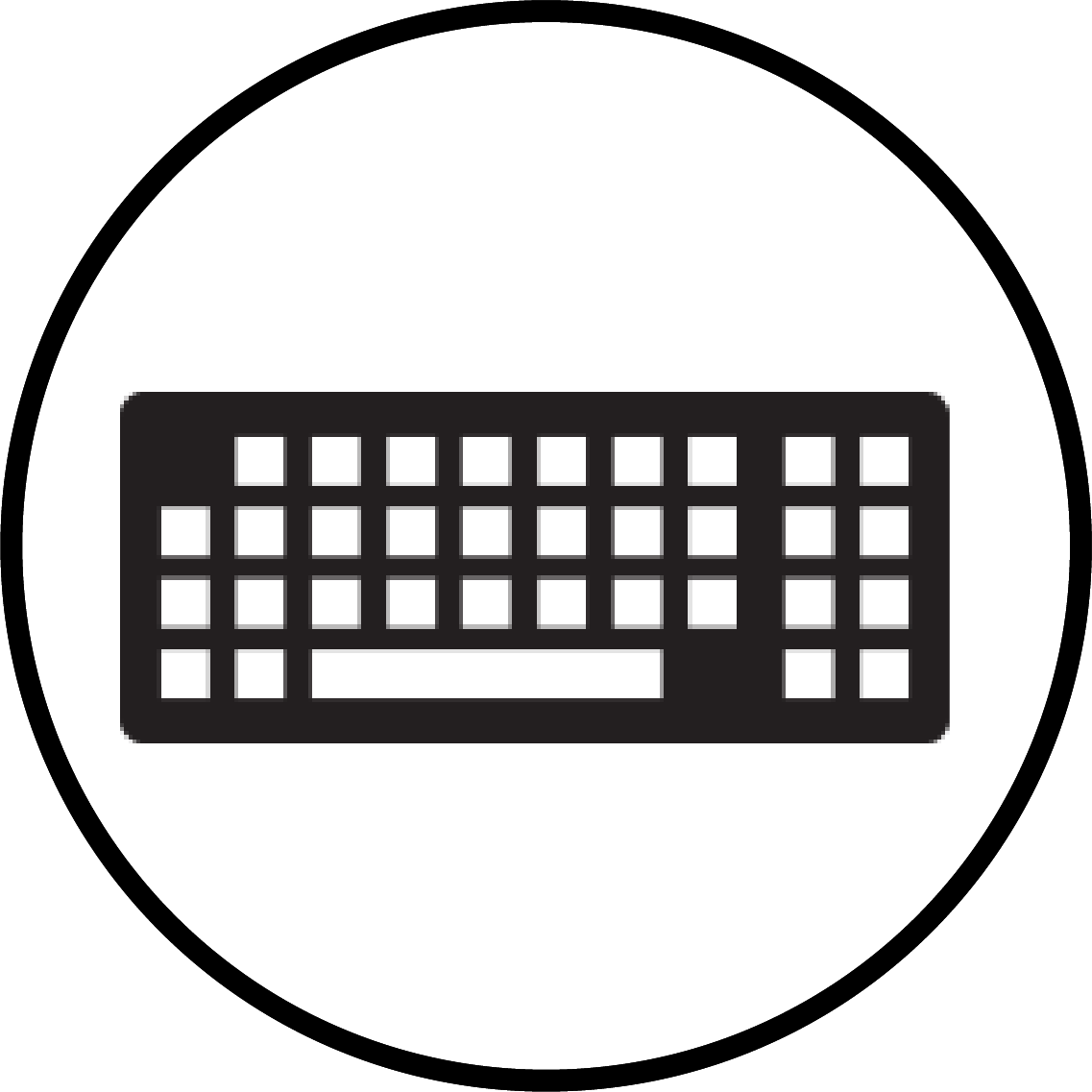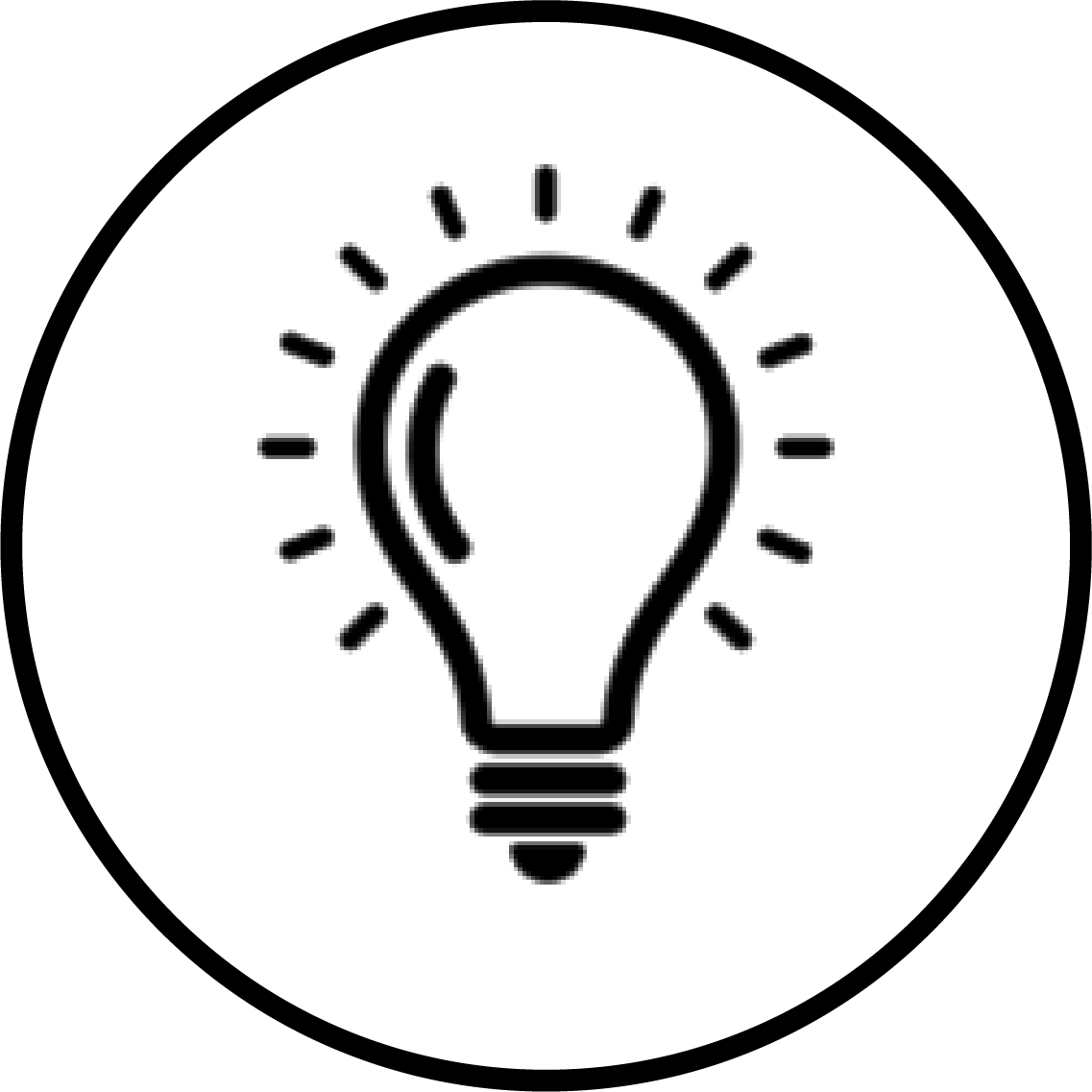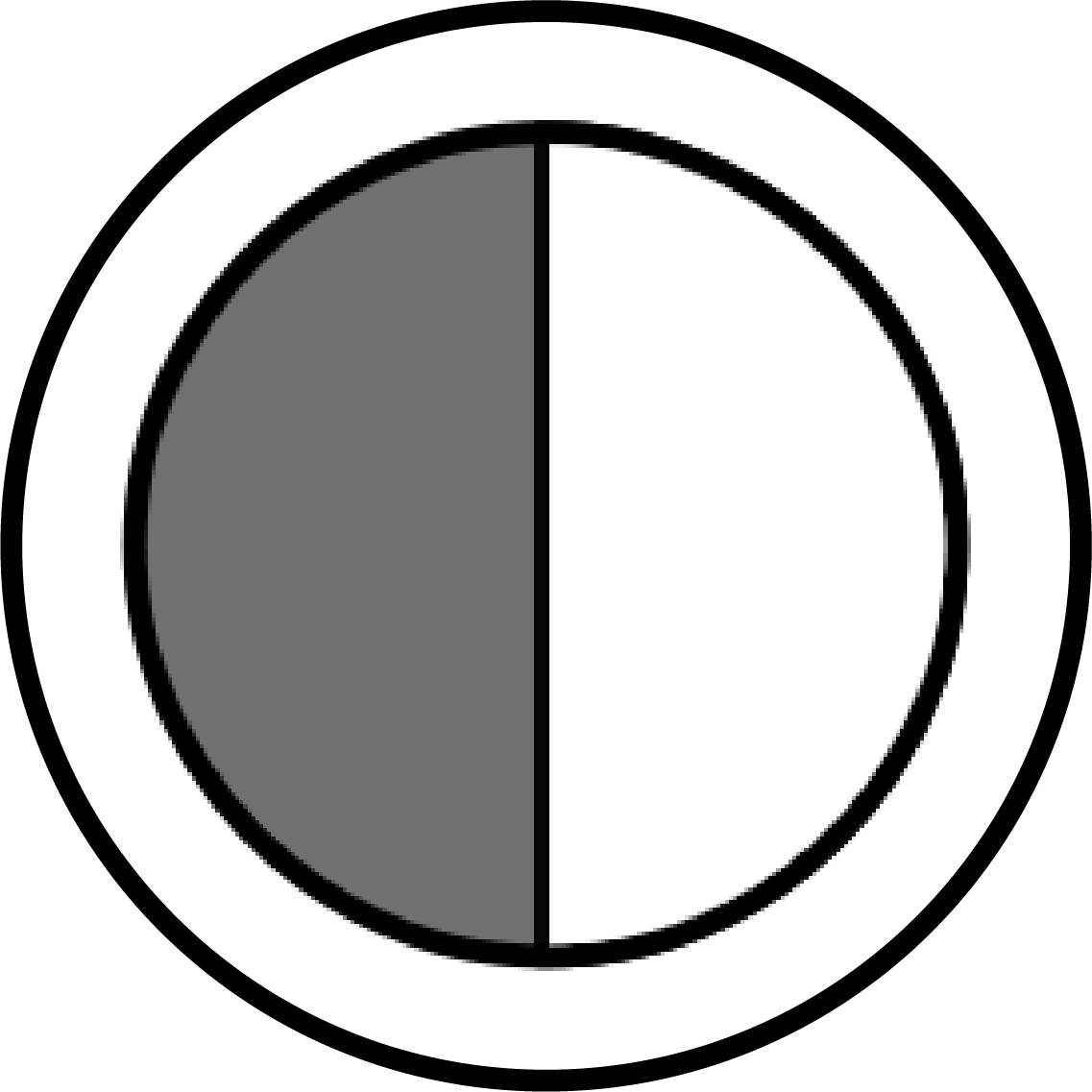
For the next two years the Socioeconomic department at the Mossawa Center will monitor the annual allocation of 1.8 billion shekels for Arab communities. The Mossawa Center is a leading Arab organization focused on the impact of the state budget that was approved in late July 2013. The budget was approved together with dozens of other economic legislative changes. This allocation is less than 6% of the total state budget of more than 399 Billion NIS that was approved for the years 2013 and 2014.
During the hearings on the budget and the Budget Law the Mossawa Center demanded the repeal of the health insurance tax imposed on housewives and managed together with other social organizations to repeal the decree. The Center also demanded the prevention of cuts in child allowances to prevent the deepening of poverty among children and families already living below the poverty line. The Center demanded that the Finance Ministry refrain from cutting grants for municipal authorities. These grants help disadvantaged authorities to provide basic services. The Local councils association signed an agreement with the government that prevented the cutting of the grants. Arab authorities, who are at the bottom of the socioeconomic ladder are supposed to get a billion shekels to help with regular budgets and rehabilitation programs for especially distressed communities. These balancing grants for local authorities of a billion shekels are meant to help weakened Arab local authorities deal with deficits created by discrimination in employment, construction and industry.
Over the next two years the Mossawa Center will monitor budgets that are approved by the Knesset and designated for development in Arab communities. The following are six government decisions dealing with the development of 13 Arab communities. (1539) Arab Bedouin in the North (3211) Arab Bedouin in the Negev (3708) Arab Druze North (2861) employment (4193) housing, planning and construction (4432) Mossawa will also monitor another program that deals with accessibility to higher education for the Arab public. The monitoring program will be in cooperation with the Arab heads of local councils and various professional organizations and NGOs.
Areas that the Mossawa Center will be monitoring are:
� Construction of classrooms:
� Employment and Construction and industrial zones
� Encouragement of integration of Arab citizens in employment in the public and private sector
� Development of water and sewer systems and recycling solutions
� Expansion of the public transport network to Arab communities
� Promoting the maintenance of hazardous inter-city roads near Arab communities
� promoting the maintenance of urban roads.
� Construction of new neighborhoods and public institutions
� promotion of planning processes
� Promoting the development of the Negev, including education, women's employment, and vocational training for young people.
� Establishment of public institutions in local authorities
� Improving higher education accessibility for the Arab population
� Closing gaps in local authority social services.
� promoting the issue of disparities in health care, infant mortality and medical services.
� Support for Arab cultural organizations

























